All posts in Gender and Waste Project
-
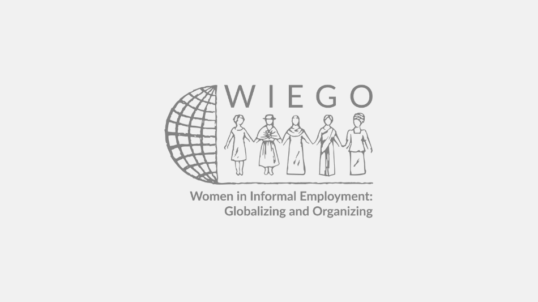 Project
Project
Waste & Gender: Rethinking Relations for Empowerment
Little research exists about gender relations and divisions among waste pickers. A collaborative in Latin America has shed light on the multiple...
Read More -
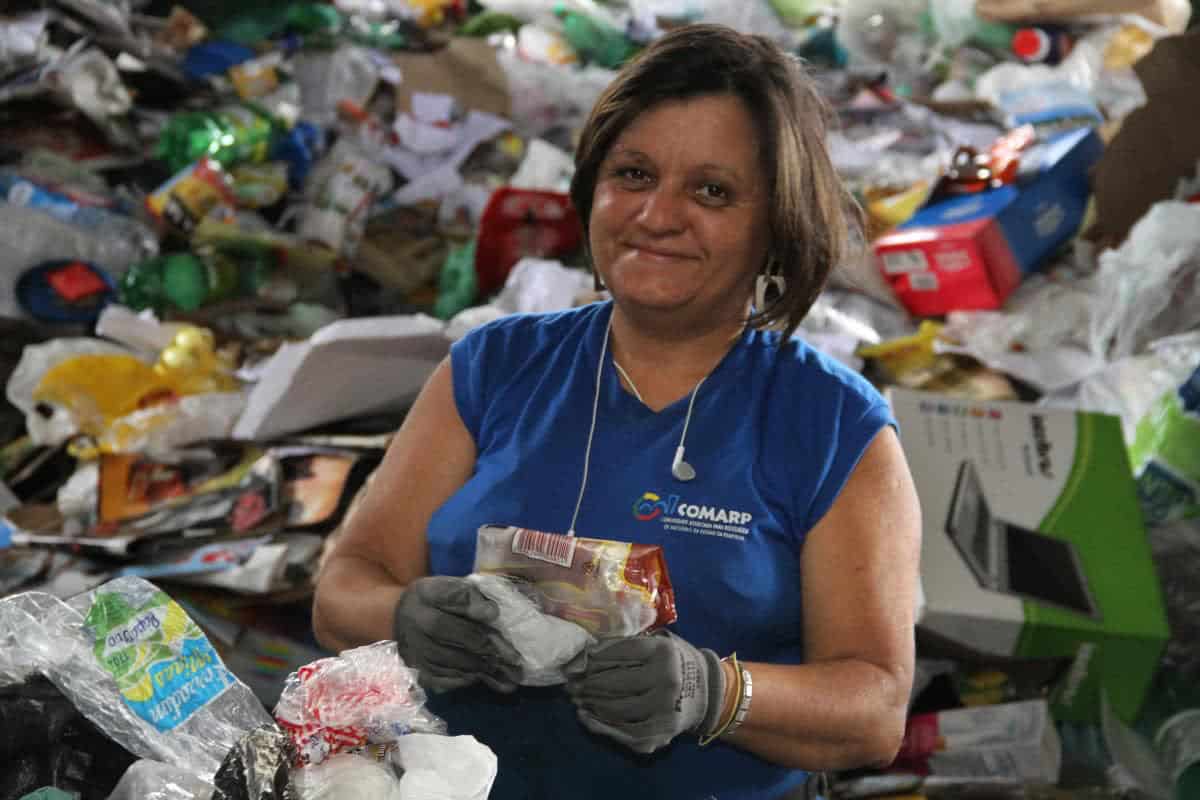 Project
Project
Gender and Waste
A collaborative project involving waste pickers in Latin America has shed light on the multiple levels of discrimination that women waste...
Read More -
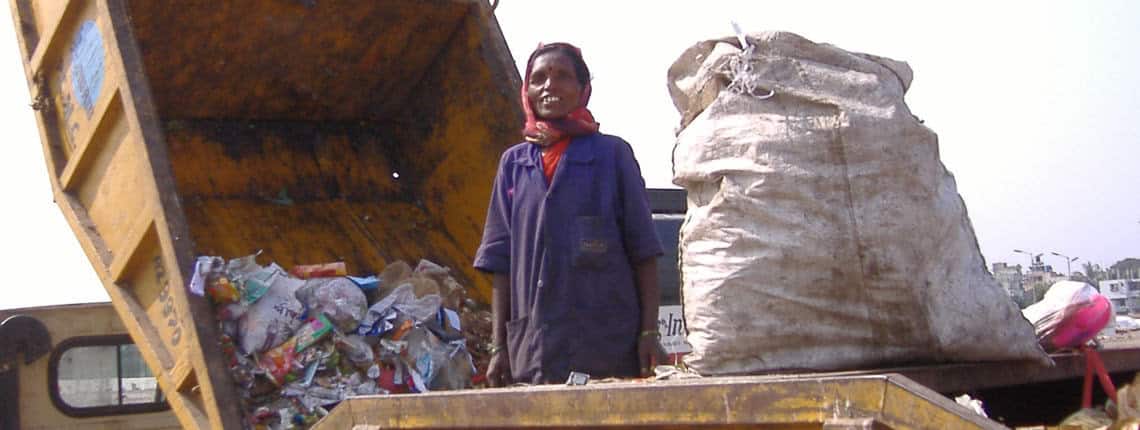 Page
Page
Waste Pickers
Waste pickers and COVID-19 Statistics on Waste Pickers Driving Forces & Working Conditions Policies & Programmes Organization...
Read More -
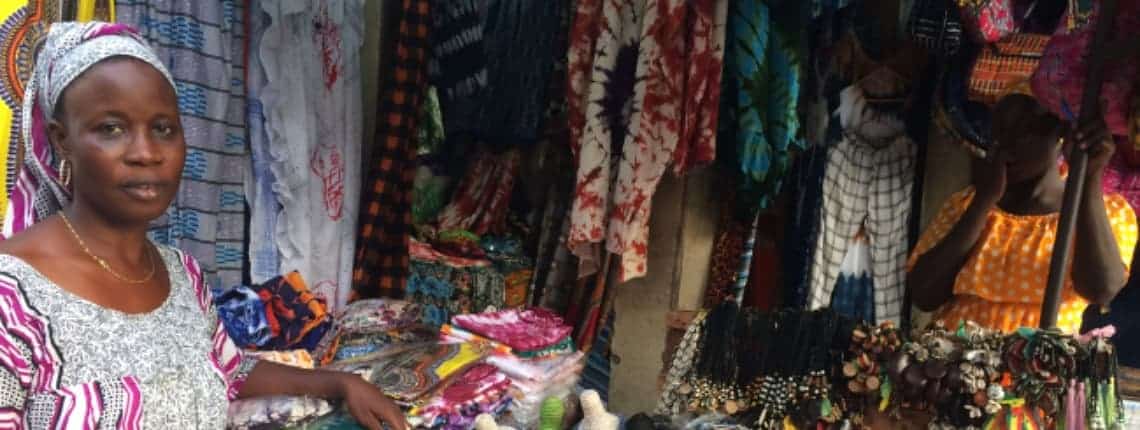 Post
Building Collective Power March 21, 2019
Post
Building Collective Power March 21, 2019Women Informal Workers Challenge Invisibility in Dakar
In Dakar, Senegal, women continue to face economic and social inequities — from illiteracy to poverty to gender discrimination — but it’s...
Read More -
 x2 languages.jpg) Post
Gender and Waste Project March 08, 2019
Post
Gender and Waste Project March 08, 2019How to Hit Women’s Economic Empowerment Targets: First ensure women can recognize their own dignity and self worth
Valdete Roza is a Brazilian waste picker and leader in her cooperative who is pioneering gender discussions with her colleagues across her...
Read More -
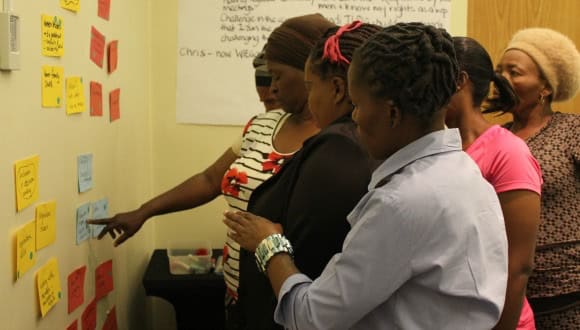 Post
Gender and Waste Project March 07, 2017
Post
Gender and Waste Project March 07, 2017Photo Essay: Inside Efforts to Strengthen Leadership among Women Waste Pickers
WIEGO’s Organizing and Representation Programme and Urban Policies Programme works with waste picker organizations in South Africa and Brazil...
Read More